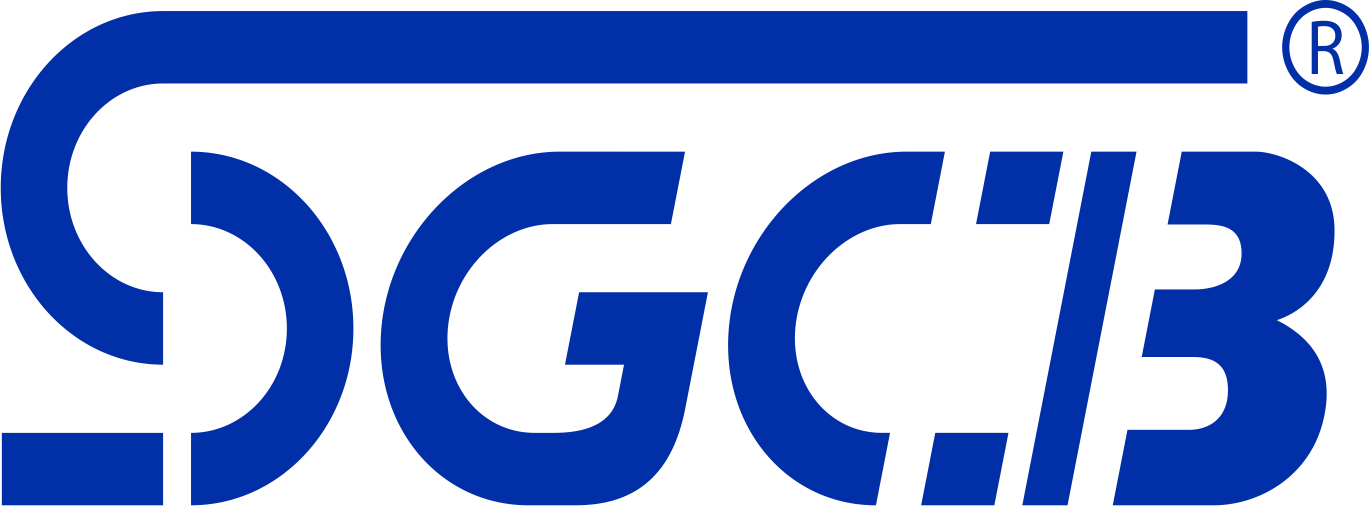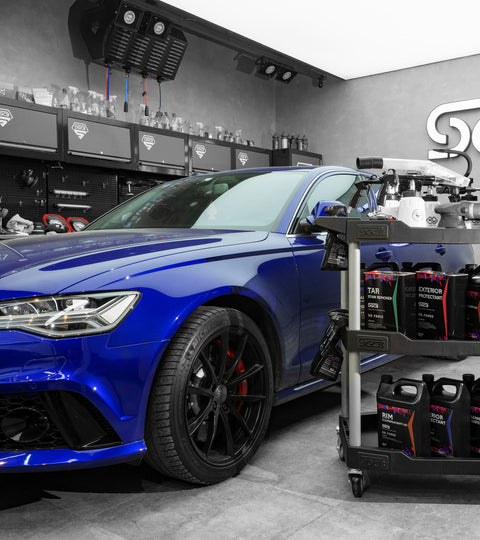Car paint scratches correct repair method
Inadvertently, the paint on your car will have scratches. You can't remember that the car is scraping with other cars while driving, or scraping with roadside branches, or in storms, dusty weather, and "flying sand." Scratching, then how can car paint scratches? Maybe it's because of scratches for two reasons:
1, improper scrubbing. When the car is scrubbed, if there are hard particles in detergent, water or scrubbing tools (sponges, towels, etc.), the paint will scratch.
2, improper care. When polishing the paint surface, if the selected grinding disk has a large grain size, if the grinding force is heavy or the grinding is lost, it will leave different degrees of scratches on the paint surface. Also when waxing, such as the wrong choice of wax type, mistakenly use the sand wax in the new car, will play a circle of scratches.
So how do you deal with car scratches? We can make different treatments based on the degree of scratches on the car paint surface.
Shallow scratch treatment
Shallow scratches are minor scratches on the surface paint. Scratches pass through the varnish layer to damage the paint layer, but the paint layer is not scratched. The car body that had been slightly scratched on the surface paint had not been scratched through the finish. The following repair process can be used for repair.
Cleaning
First of all, to paint the surface of the wax layer, oil film and other foreign materials removed, the method is to use dewaxing cleaner to clean the scratched parts, and then dry.
Grinding
Depending on the size and depth of the scratches, a suitable sanding material, such as a No. 1500 grindstone, a 9-μm grindstone or cosmetic mud, is used to grind the scratched surface layer. Grinding is generally done manually, but it can also be done by grinding/polishing or sanding. When playing, care must be taken not to wear a paint finish. For example, if the paint finish is worn out and the paint layer is exposed, paint must be applied to remedy it.
reduction
The polished and painted surface has basically cleared the shallow scratches, and some of the hairline scratches, spins, etc. remaining in the grinding and polishing operations can be treated by the paint surface restoration. The method is: using a small piece of non-woven fabric to uniformly apply the reducing agent to the paint surface, and then polishing until the paint layer is completely the same color as the original coating.
Waxing
After the paint is restored, it should be waxed. The method is: First, the solid polishing wax is crushed into gasoline and hot-melt after use. The repair site is cleaned with a clean cotton yarn and then wiped with gasoline. After wiping with wax, it is wiped, and it is necessary to wipe it repeatedly until it is smooth. Bright so far. When waxing, the entire surface of the car can be waxed and polished at the same time. The method is: clean the wax with a clean cotton yarn, and then coated with a light wax, to a clear and glossy paint prevail. Finally use a flannel to wipe it all over again.
Quality inspection
After the above process is completed, the appearance quality of the repaired surface shall be inspected. The inspection shall focus on the fact that the color of the coating must be exactly the same as that of the original paint surface. If there is any difference, the surface cleaning and waxing and polishing are not completely in accordance with the requirements, and if necessary, they shall be carried out. Rework.
Moderate scratch treatment
Moderate scratches indicate that the paint layer has been scratched, but it does not harm the primer layer; deep scratches indicate that the primer layer has been scratched through. When the paint layer has been scratched, but the underlying paint is not damaged, it is repaired. the way is:
Grinding
Check that the underlying coating is in good adhesion; the scratches on the middle coating and topcoat are polished to make it smooth and smooth; the edges of the damage are trimmed so that no scratched coatings are visible on the edges, if necessary. The grinding area can be appropriately enlarged.
Cleaning and drying
Use a special cleaning agent to remove oil, paraffin, and other foreign materials from the sanding surface; use a drying device to dry the surface.
Middle coating
1, determine the construction process parameters, according to different coatings to determine the construction viscosity, atomization pressure, coating distance, drying temperature, drying time and other parameters;
2. Cover and cover the areas that are not painted.
3, the middle coating paint is dry, if the repair area is not large, you can use room temperature natural drying, but a longer time; commonly used far-infrared drying lamp or infrared drying box (reflective) for local drying.
4. The middle-coating paint surface is polished and cleaned. After the middle-coating paint surface is dry, polish the paint surface with 320-grit sandpaper to make it smooth and smooth. Hand-touch without roughness feels as the standard. Grinding methods are dry grinding and wet grinding. Dry sanding, blowing the polished part with compressed air, and then thoroughly wipe the dust with a clean viscous rag; when wet grinding, use the No. 320 water-refining sandpaper to polish the repaired middle coating, and polish the same. Hand touch without roughness, and rinse with water, wipe the water, dry or dry with compressed air, it is best to use far-infrared light box drying.
Paint finish
1, the first paint surface.
1 spray paint: The selected paint, according to the requirements of the construction conditions, deployment to the allowable range of the specified process conditions, and then spraying.
2 Drying: Local drying is usually performed by using a special far-infrared baking lamp or baking box. The temperature and time of baking depend on the actual conditions on site, but the quality requirements for baking must be met. The cotton ball method can be used to determine if the surface of the paint film actually dries.
3 Polishing: Use No. 320 sand paper for paint surface grinding to make the surface of the paint finish smooth and smooth. Use a rag to compress the air while blowing while rubbing. Finally, wipe the surface thoroughly with a viscous rag.
2, the second topcoat.
1 spray paint, drying the same as the first time.
2 Grinding: The finishing of the paint is the final grinding process that directly affects the surface quality of the coating. Special attention should be paid to the grinding quality. Wet sanding with 500-600 grit sandpaper to eliminate film defects and drying.
Varnish coating
After the second top coat is painted and dried, it should be sprayed with a layer of amino lacquer.
1. Construction conditions: Take the varnish KH-24 as an example, use the special diluent KH-24; the dilution rate is 14%-16%; the dilute viscosity is 24-25s; the construction solids mass fraction is 46%; the stability is left standing for 48h .
2. Painting method: Spraying times 5-6 times, target thickness 35-40um. Leveling 3-5min between each time; last leveling time 7-10min.
3. Drying: The drying temperature is 140°C, and the drying time is 30 minutes. If the drying time is kept in the drying room, the drying time is 20 minutes. If it is a local small-scale drying, the far-infrared heater is used for baking, and the actual drying time is used for this purpose.
Polishing wax
Polishing and waxing operation method is: first with a cotton cloth, wool, sponge and other soaking polishing agent, polishing, and then wipe. Apply light wax and polish.
Deep scratch treatment
Depth scratches, including scratches, are caused by car damage, scratches, and other causes of car body parts, board surface deformation, cracks and other trauma, severe damage to the coating.
For deep scratches, the old lacquer layer on the damaged surface should first be removed, and the board surface of the damaged body should be repaired with sheet metal or welding to achieve the same requirements as the original shape and size contours. Then repair coating, the process method is:
Surface treatment
Use a spatula, wire brush, etc. to remove the surface coating, rust, and welding slag. The larger the weld area, use a grinding wheel to smooth the surface. Grind with a 1.5-2.5 grit cloth to remove rust and debris from the underlying surface. Use a solvent to remove the scratches. Net, dry; apply a thin layer of primer; apply a layer of anti-rust paint on the primer surface.
Puttying
The quick-drying putty is covered on the metal layer; after the putty is dried, the atomic ash is leveled with a No. 400 dry sandpaper; the scratches are wiped off with a dewaxing cleaning agent.
Spray coating
Cover the non-painted areas with special adhesive tape; spray two coats of primer lightly with a spray gun, then spray a second thicker base coat, and let dry; use 600 grit sandpaper to flatten the primer. If the scratch is still lower than the finish, apply another 3-5 coats of primer and repeat the cleaning procedure; use 1500-2000 sandpaper to level the surrounding area and wipe clean with solvent.
Spray coating
1. Spray paint: Select the topcoat that is matched with the original car paint, mix according to the original car color, and adjust the viscosity to meet the construction requirements, and then spray the paint after construction. After each spraying, there should be a leveling time required for the coating and then spraying again and again. Make the first topcoat coating to 30um-40um thickness. After the coating is applied, it should have enough time for leveling and drying, and drying at room temperature for more than 2 hours.
2, Wenmo: 280-320 water sandpaper on the basis of the four-layer coating on the basis of the coating smooth polished. Wipe clean with a rag and compressed air. And make the surface dry, heat dry, or dry naturally. However, when dried naturally, it takes a long time to prevent dust from contaminating the surface of the coating.
3, cover the light: In the original topcoat, add 20% less than varnish, and then add appropriate thinner to use in order to increase the finish. Its viscosity is preferably 15s/25Oc. Filtered and then sprayed. The leveling after spraying is better so that it can be easily polished and waxed the next day. The total thickness is 80-110um.
Polishing wax
We recommends using turtle scratch wax, micro-scratch treatment, a throw on the bright and delicate, uniform, safe, instantly find the feeling of a new car


0 Comentarios
No hay comentarios todavía. Sé el primero en comentar.